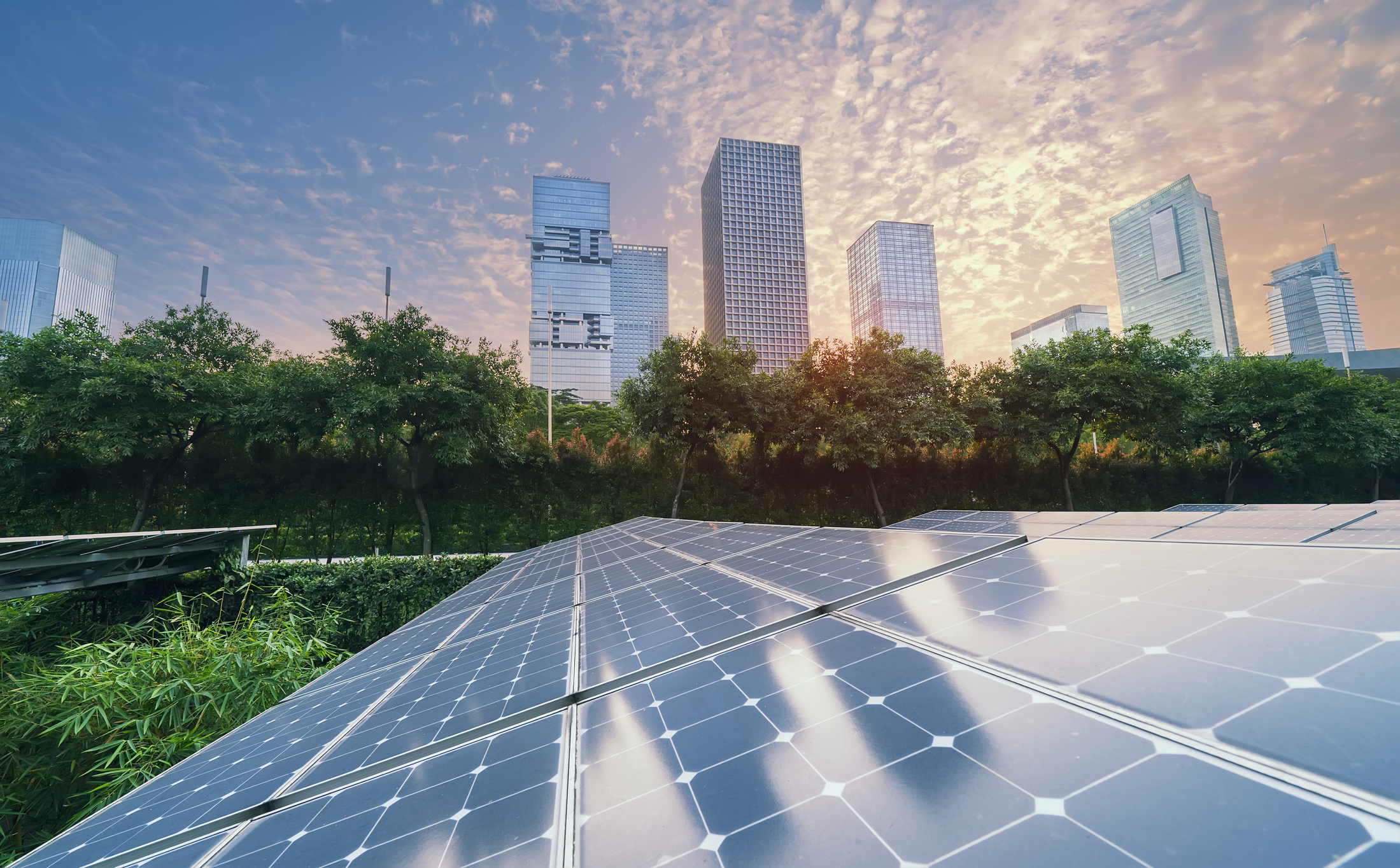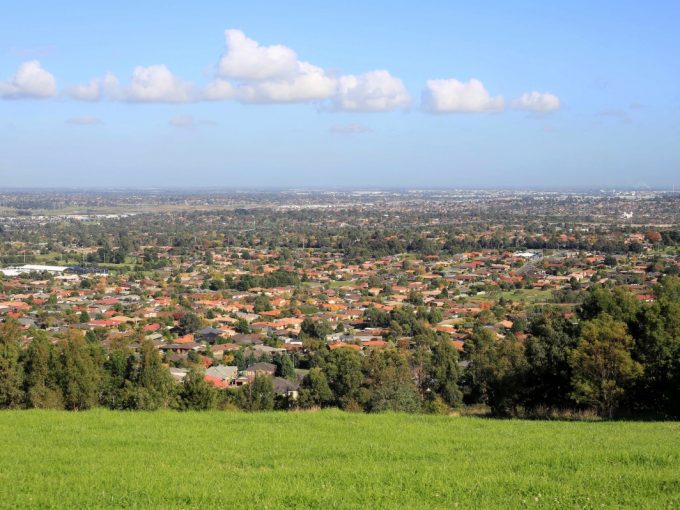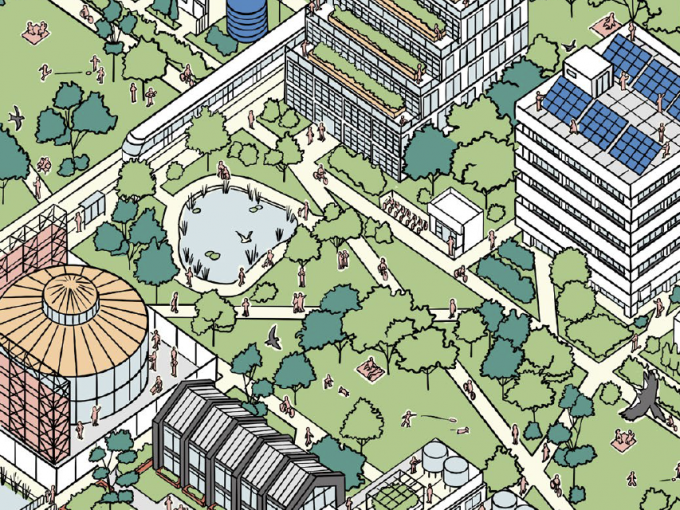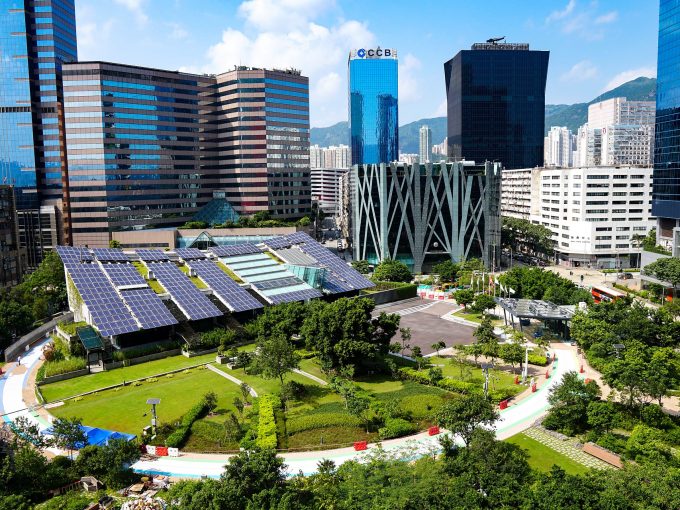With global carbon emissions set to fall in the short-term due to coronavirus lockdowns, our experts look to long-term action needed to tackle climate change on Earth Day 2020.

Sustainable building and construction
Sustainable construction is a profitable business with low risks and can be a win for everyone by providing a profitable and ethical investment target, explained School of Property, Construction and Project Management Professor Usha Iyer-Raniga.
She said a range of sustainable solutions could be implemented without delay to meet local conditions and support local ecosystems and jobs.
“Globally, the building sector produces nearly 40% of the world’s waste, which can be greatly reduced.
“Furthermore, waste, even from other industries, can be successfully re-used in the built environment using the ‘take‐make‐recreate’ principles of circular economy.
“Adopting circular economy principles could not only significantly enhance global construction industry productivity but provide savings of at least US$100 billion a year according to figures from the 2016 World Economic Forum, while the World Resources Forum held in Sydney in 2015 estimated the value of the circular economy in Australia to be AUD$26 billion per year by 2025,” she said.
Iyer-Raniga is also the Co-Lead of the United Nations One Planet Network’s (OPN) Sustainable Buildings and Construction Programme (SBC), (10YFP) on Sustainable Consumption and Production aligned with SDG12.
Responsible consumption and production
Deputy Dean of Research and Innovation in the School of Accounting, Information Systems and Supply Chain Professor Nava Subramaniam said ensuring responsible consumption and production were key priorities.
“In 2018, the United Nations Sustainable Development Goal 12 (SDG12), responsible consumption and production, was the second most prioritised goal by the ASX150, with strong, open and accountable supply chains needed for sustainable consumption,” she said.
“Responsible production goes beyond waste control, however, extending to investments in new technologies, which are a must for this to be achieved.
“There is also the question of what approach to take, whether it’s carbon mitigation or carbon adaptation,” Subramaniam added.
“But to achieve longer term impacts on responsible production, carbon adaptation is unavoidable,” she said.
“Waste reduction is no longer just desirable or ethical, it has become a necessity and national targets for packaging need to be met to achieve Sustainable Development Goals.”

Energy efficiency policy
A pioneer of energy efficiency policy in Australia, Senior Industry Fellow at RMIT Alan Pears AM, said a nationwide approach was long overdue to reduce the impact of climate change.
“Energy-related activities are responsible for around three-quarters of Australian climate impact,” he said.
“These activities include electricity generation and use, provision of heat (mostly using fossil gas), transport and ‘fugitive’ emissions (leakage of gases from coal mines, oil and gas production and supply).
“The International Energy Agency describes energy efficiency as ‘the first fuel’ because, beyond cutting energy bills and climate impacts, it provides many benefits such as improved health, productivity and savings on energy supply infrastructure investment.
However, he said Australia lagged behind most developed countries in this area.
“There are many exciting opportunities for Australian business and households to cut emissions from energy use while saving money and improving productivity and quality of life, but it’s a tragedy that Australians are missing out on these benefits,” he said.
Urban planning and development
Changing the way we live and move about in cities presents a way to reduce our greenhouse gas emissions, according to Associate Dean of Sustainability and Urban Planning Andrew Butt.
“In Australia’s two largest cities of Sydney and Melbourne over 40% of car commutes are less than 10km, but many other commutes are long and becoming longer in distance,” Butt said.
To change this, we must tackle the form and structure of our cities, as decades of urban planning and urban development have locked in a dependence on long car commutes and an ever-growing suburbia.
“Planning systems need to recognize the role urban development and planning plays in climate change mitigation, not just adaptation,” he said.
To reduce our growing car dependence, he said, people needed to be able to access work, locally, across our largest cities, and at a national scale.
Planning for growth in areas beyond a few large metropolitan cities should be a priority, and for this jobs and infrastructure were needed sooner rather than later.
“The benefits of increasingly ‘living locally’ and of solutions to car-dependency and long commutes not only present positive social and health outcomes, but an all-important reduction in greenhouse gas emissions.”
Story by: Diana Robertson
Originally published on RMIT News.





